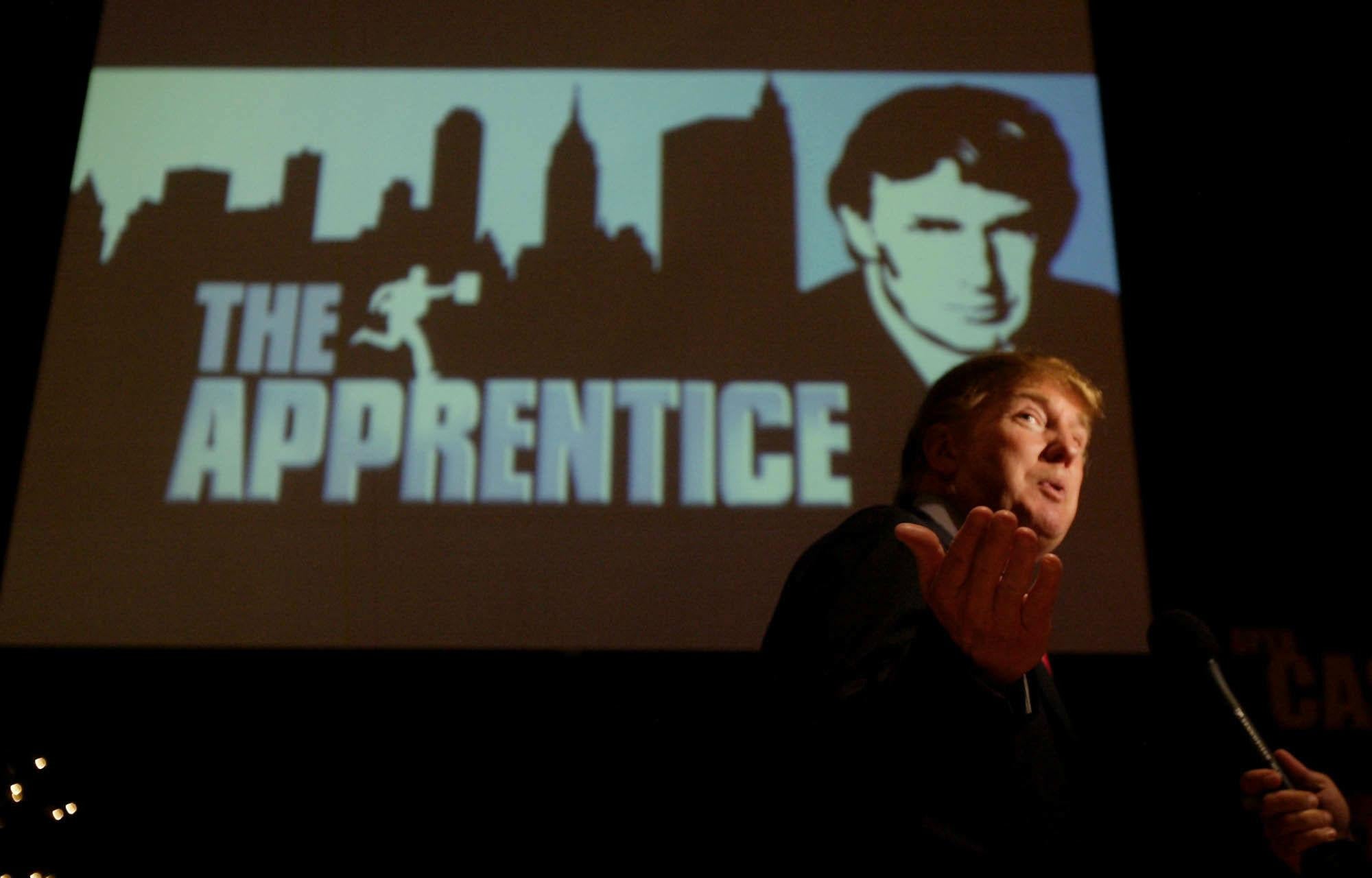Trump's experience in business means nothing in the presidential race
Political leaders must manage for the entire population rather than the narrow interest of investors. They must take into account the effect of decisions on a wide range of constituencies including many implacably opposed to their positions

The current contest for the White House highlights a persistent electoral belief that business leaders are qualified for and likely to be effective in politics.
Yet, with some notable exceptions, business people have rarely had successful political careers. US president Harry Truman reputedly did so poorly in business that he sought public sector employment to obtain a secure income.
The assumption is that corporate vision, leadership skills, administrative skills and a proven record of wealth creation will translate into political success. It presupposes personal qualities such drive, ambition and ruthlessness. Unfortunately, the requirements of business and government are so dissimilar that a background in business is no guarantee of political success.
First, the required skills are different.
Successful business leaders generally serve a technical apprenticeship in the business, industry or a related profession giving them familiarity with the firm’s activities. Political success requires party fealty, calculating partisanship, managing coalitions and networking. It requires a capacity to engage in the retail electoral process, such as inspirational public speaking and an easy familiarity with voters in a wide variety of settings. It requires formidable powers of fund-raising to finance campaigns.
Where individuals shift from business to politics in mid or later life, he or she is at a significant disadvantage to career political operatives who have had years to build the necessary relationships and organisation to support political aspirations.
Second, the scope of the task is different. A nation is typically larger than a business. The range of issues is broader, encompassing economics, finance, welfare, health, social policy as well as defence and international relations. Few chief executives will, during a single day, have to consider budgetary or economic issues, health policy, gender matters, privacy concerns, manage involvement in a foreign conflict in between meeting and greeting a range of visitors, varying from schoolchildren to foreign dignitaries, as well as attending to party political matters.
Political leaders must also manage for the entire population rather than the narrow interest of investors. They must take into account the effect of decisions on a wide range of constituencies including many implacably opposed to their positions.
Third, business objectives, such as profit maximisation, are narrow, well defined and constant. Political objectives are amorphous and ideological. The emphasis is on living standards, security and social justice. Priorities between conflicting objectives shift constantly. The benefits of decisions by governments in infrastructure, education and welfare are frequently difficult to measure and frequently will not emerge for a long time.
Business decisions rarely focus on the societal impact. Firms can reduce workforce, shift production overseas, seek subsidies or legally minimise taxes. Politicians must deal with the side effects of individual profit maximisation; decisions such as closed factories, reduced employment, welfare and retraining costs, security implications as well as social breakdown and inequality or exclusion.
Fourth, the operating environment is different. Businesses usually operate within relatively defined product-market structures. In contrast, governments operate in a complex environment shaped by domestic and foreign factors, many of which they do not control or influence. Government actions require co-operation across different layers of government or countries. Businesses can withdraw from certain activities, while governments do not have the same option.
Fifth, within boundaries set by laws and regulations, business leaders enjoy great freedom and power to implement their policies. Boards of directors and shareholders exercise limited control, usually setting broad financial parameters. They do not intervene in individual decisions. Most important government actions require legislative or parliamentary support. Unlike commercial operations, governments face restrictions, such as separation of powers, restraints on executive or governmental action and international obligations.
Business leaders have unrivalled authority over their organisation based on threats (termination) or rewards (remuneration or promotion). Political leaders cannot fire legislators. They face significant barriers in rewarding or replacing public servants. Policy implementation requires negotiations and consensus. It requires overcoming opposition from opposing politicians, factions within one’s own party, supporters, funders and the bureaucracy. It requires overcoming passive resistance from legislators and public servants who can simply outlast the current incumbent, whose tenure is likely to be shorter than their own.
The lack of clear goals, unrivalled authority and multiple and shifting power centres means that political power is more limited than assumed. Many presidents of the United States, regarded as the most powerful position on Earth, have found that they actually had little ability to implement their agendas.
Sixth, unless they choose to be, business leaders are rarely public figures outside business circles. Politicians cannot avoid constant public attention. Modern political debate and discourse has become increasingly tabloid in tone, with unprecedented levels of invective and ridicule. There is no separation of the public and the personal. Business leaders frequently find the focus on personal matters as well as the tone of criticism discomforting.
The allure of the business leader politician is grounded in the romantic belief that outsiders can fix all that is wrong with the political process.
One unpleasant similarity is the fate of leaders generally. Enoch Powell, a long-serving MP, once remarked that all political lives end in failure. It is also ultimately true of most business leaders.
Satyajit Das is a former banker. His latest book is 'A Banquet of Consequences' (published in North America as 'The Age of Stagnation' to avoid confusion as a cookbook). He is also the author of Extreme Money and Traders, Guns & Money

Join our commenting forum
Join thought-provoking conversations, follow other Independent readers and see their replies